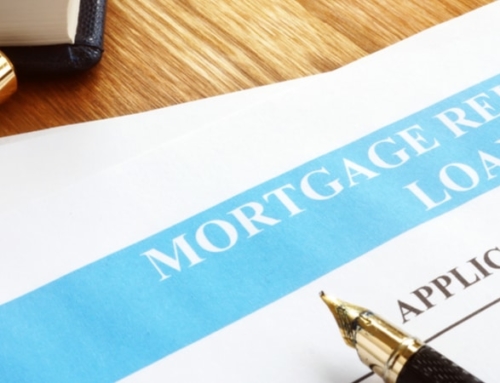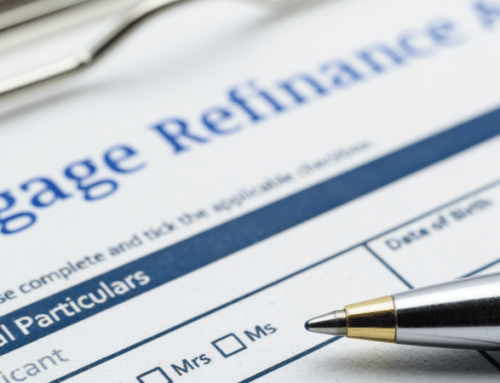When Alan Greenspan recently lowered the federal funds rate by a half a percentage point, that sound you heard was a collective sigh of relief coming from homeowners who bought in the last year.
Those homeowners who got stuck with a 8.5 to 8.75 percent interest rate on their loan may now be in a position to refinance those loans, and take advantage of rates that are, in many cases, 1.5 percent less than what they originally got a year ago.
Here are the answers to some common questions about refinancing.
Will interest rates drop further?
No one knows whether interest rates will go up or down. Indeed, the bond market causes the 30-year and 15-year interest rates to fluctuate several times each day. So a quote you’re given at 9:00am, may or may not be valid later that day.
But you can get a pretty good idea of where interest rates are headed by looking at the national economy. It appears that the US economy is beginning a slowdown, and may actually head into recession later this year.
If that’s the case, Alan Greenspan and the Federal Reserve Board of Governors may act quickly to lower interest rates in order to stimulate the economy. When the economy gets overheated, as it did last year, Greenspan raised interest rates in order to slow things down to a more manageable level.
How do I know when it’s time to refinance my loan?
The short answer is that you should refinance now if you can save money immediately. But there are two questions you should ask yourself before you sign your loan application.
First, how long do you plan to keep your loan? Experts used to ask homeowners how long they planned to stay in their home. But today, so many homeowners refinance their loans over and over again, that you may stay in your home for 15 years, but refinance every two or three years.
If you plan to keep your loan 5 years, then it’s probably okay to pay some fees or costs associated with making the loan. If you think you may want to refinance later this year, then you should look at “zero point, zero fee” loans. If you can save money today with a zero cost loan, then now is a good time to refinance.
Next, if you do pay some costs or fees, how long will it take you to pay off those costs with your expected savings? For example, if it costs you $1,500 to refinance, but you’ll save $100 per month, it will take you 15 months to pay back the costs of the refinance before you start saving real money.
What is the 3-day right of recission?
After you close on your refinance, you have 3 business days to turn back the clock and cancel the deal. This is called your 3-day right of recission. Home buyers don’t get this perk. The deal they sign is the deal they have to live with. It’s one of the oddities in the mortgage world.
My friend said he “streamlined”; his mortgage and didn’t pay anything to do it. What is it?
The longer you hold onto your mortgage without paying it off or refinancing, the more profitable it is for the lender. So it’s in the lender’s best interest to keep you happy with your loan for as long as possible.
But lenders know that if your loan is at 8.5 percent and rates drop to 7 percent, you’re not going to be happy for too long. So some lenders will, if asked, simply drop the interest rate on your note.
You won’t usually get the lowest rate out there, but it will be fairly competitive, and you won’t have to go through much paperwork. Also, there are few, if any, costs involved.
The way you find out if you can streamline your loan is to call your lender and ask for it. If the lender seems confused, then streamlining isn’t an option and you’ll have to consider a refinance. But enough lenders do streamline loans to make the call worthwhile.
Should I use the money I save on my mortgage each month to prepay my loan?
You can prepay your loan and cut years off the term of your mortgage. Or, you can take the money, open up a Roth IRA (if you’re eligible) or a regular brokerage account at a financial services company and invest the money each month.
Either way, as long as you don’t spend your windfall foolishly, you’ll come out ahead.






Leave A Comment